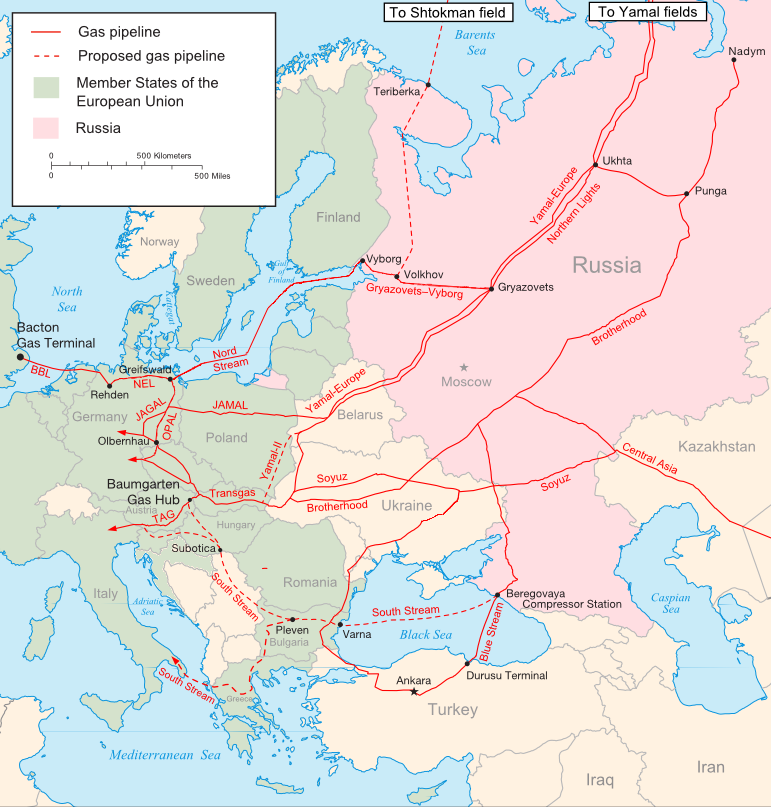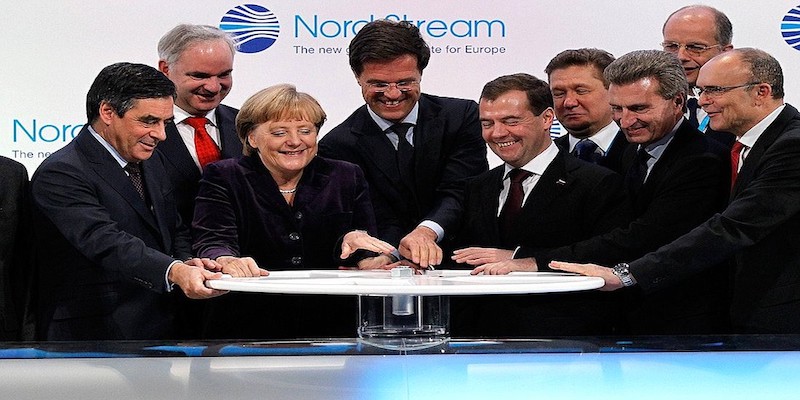Following the Dutch discovery of the Groningen field, and British, Norwegian and Danish discoveries in the North Sea during the 1960s and 1970s, natural gas appeared to offer Europe an opportunity to decrease its dependence on Middle Eastern oil. However, demand for gas quickly outpaced supply, leading West European buyers increasingly to rely on Soviet Read More…
Author: John Szabo
John Szabó is a PhD Student at the Central European University’s Environmental Sciences and Policy Department and a Junior Research Fellow at the Institute of World Economics, Hungarian Academy of Sciences. He is working on his dissertation focusing on the (re-)regulation of the EU’s gas market, the ideologies guiding its developmental trajectory, and their implications for decarbonization. He has worked extensively in various entities of the energy sector, ranging from energy diplomacy, IOCs, to public utilities and consultancies. His field of work generally lies at the intersection of energy markets, ideologies, and climate change, to which he applies an interdisciplinary approach given his training and interests in economics, political science, international relations, sociology, and philosophy.
The Divisive Nord Stream Two Gas Pipeline
John Szabo writes on the Nord Stream Two gas pipeline, and how it’s divided opinion across Europe and with its allies, and how it could affect EU and NATO projects in the foreseeable future. Germany wants to move forward, but that means that the Cold-War frontlines between East and West could be pushing further west.


